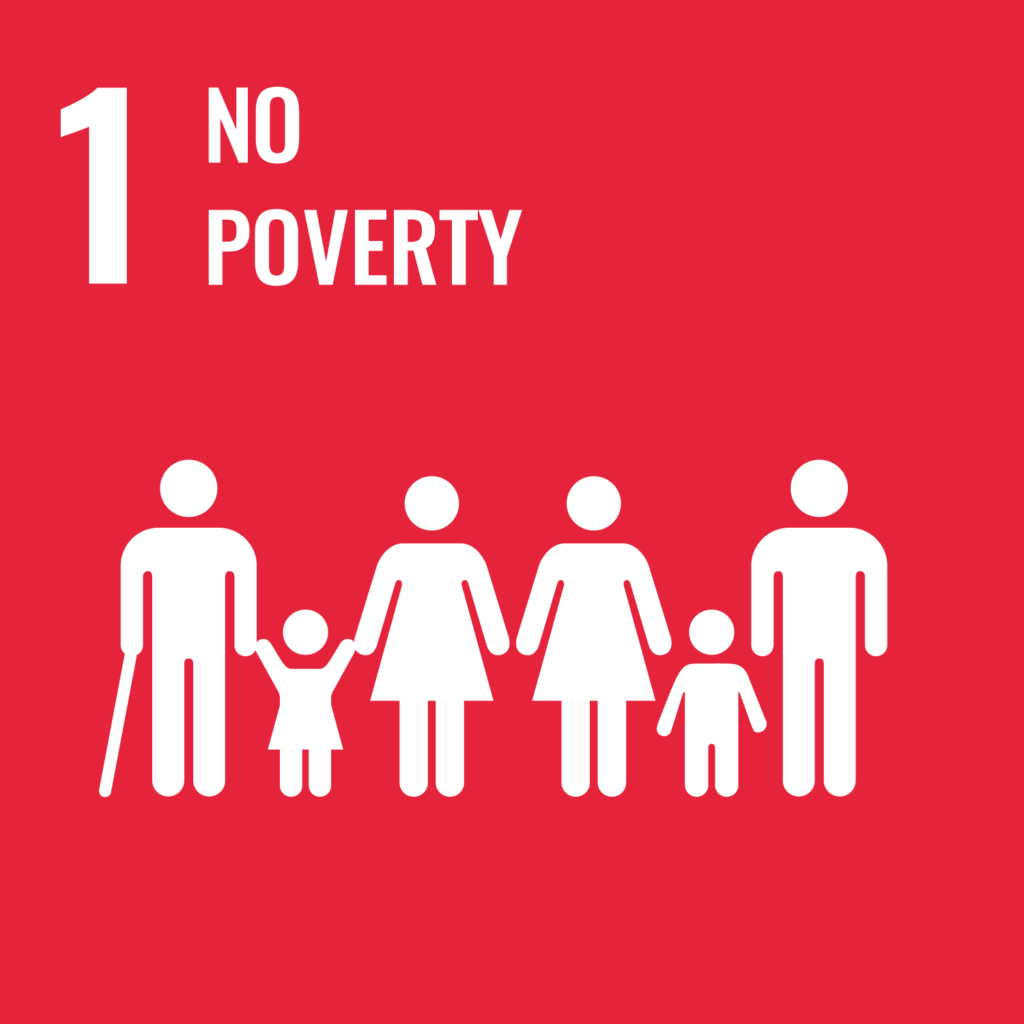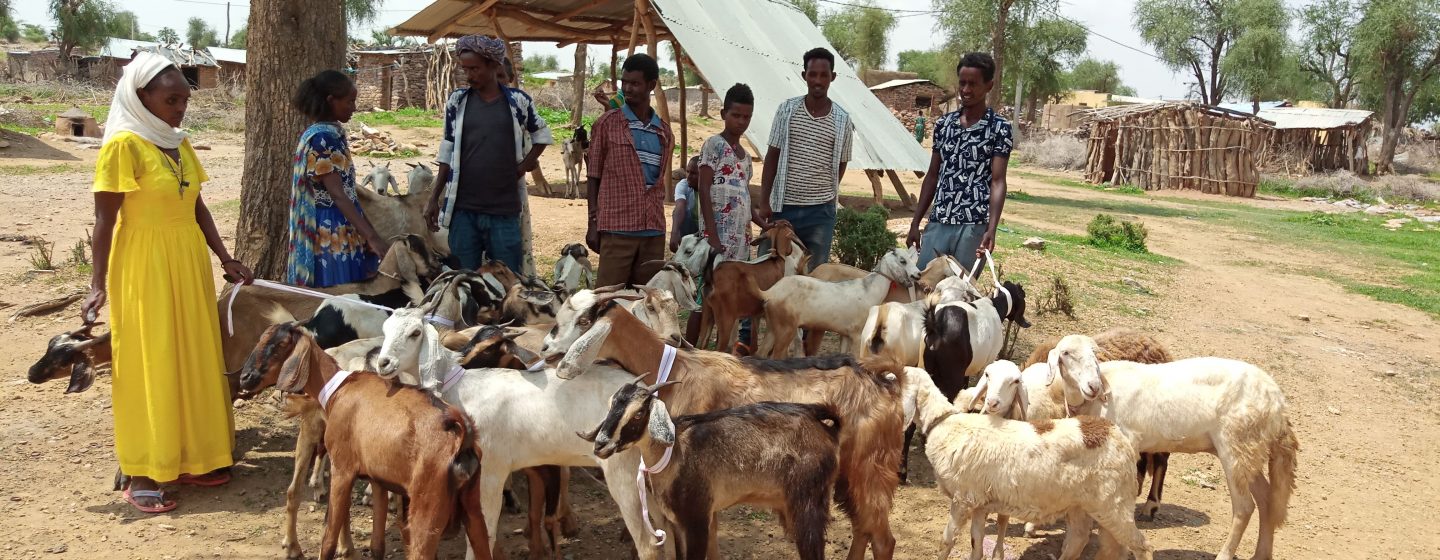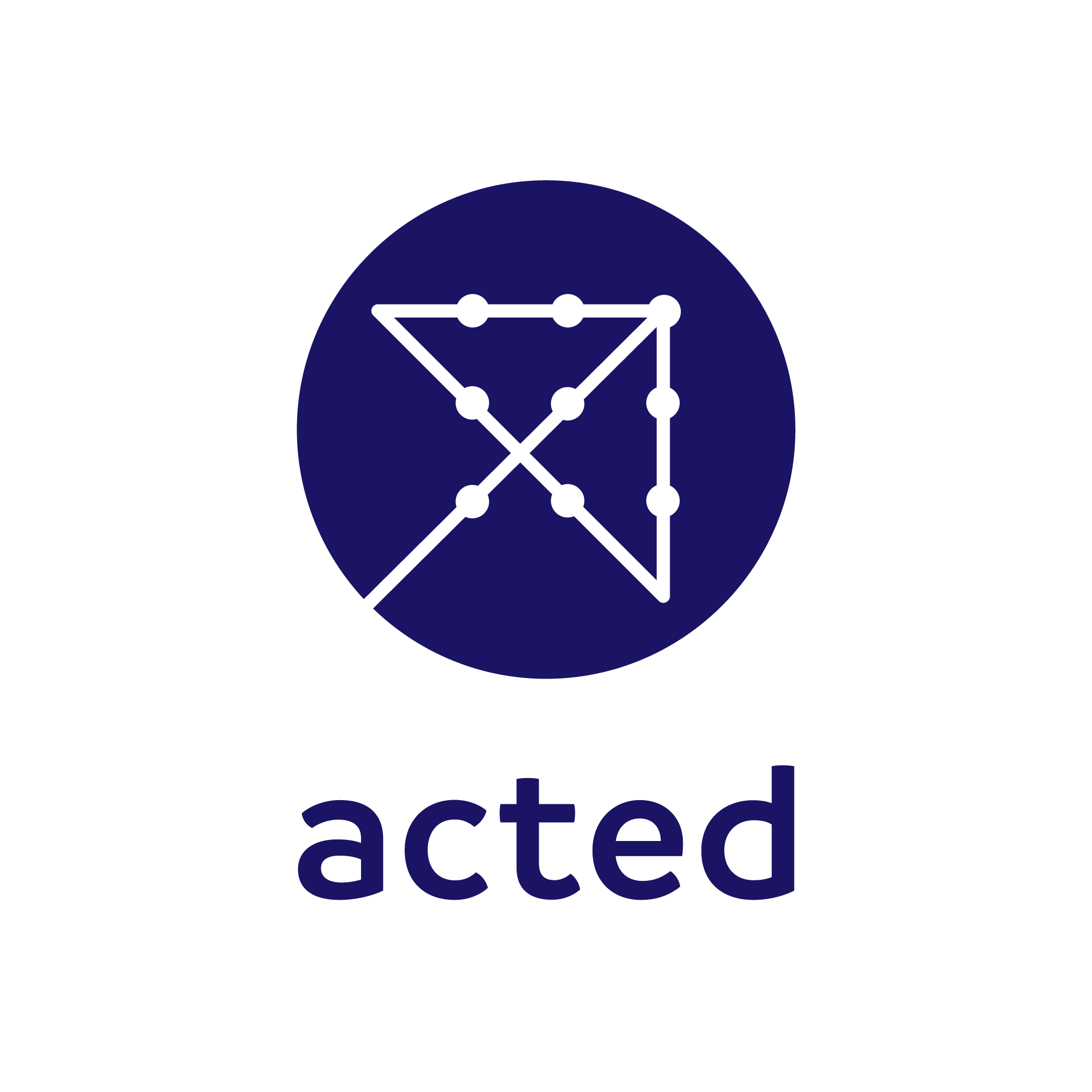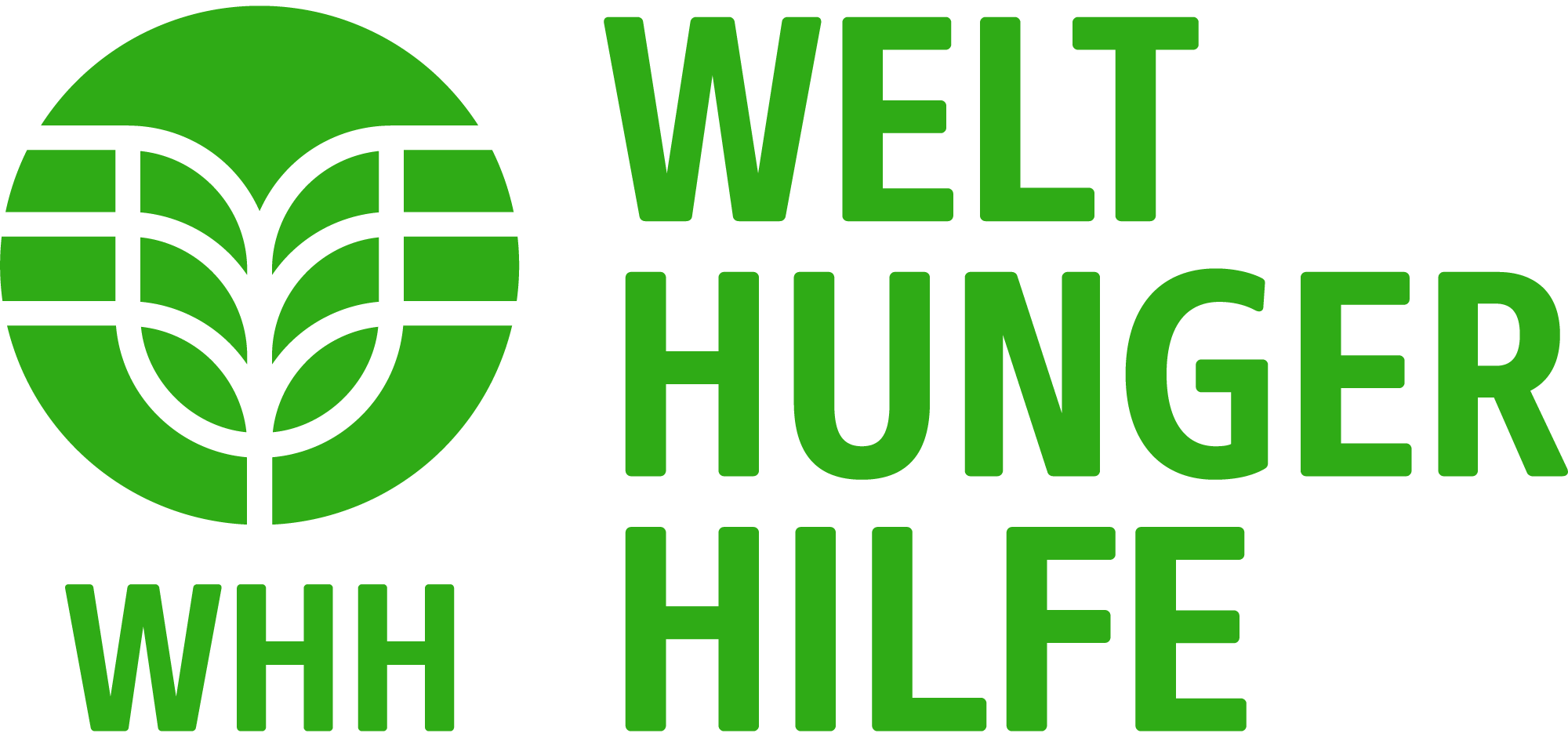Ethiopia’s location gives it strategic dominance as a jumping off point in the Horn of Africa, close to the Middle East and its markets. With about 123 million people (2022), Ethiopia is the second most populous nation in Africa after Nigeria, and one of the fastest-growing economies in the region. However, it also remains one of the poorest, with a per capita gross national income of $1,020. Ethiopia aims to reach lower-middle-income status by 2025.
Ethiopia’s strong growth rate builds on a longer-term record of growth over the past 15 years where the country’s economy grew at an average of nearly 10% per year, one of the highest rates in the world. Ethiopia’s GDP growth slowed down from 2019/20 to 2021/22 due to multiple shocks including COVID-19, with growth in industry and services easing to single digits. However, agriculture, where over 70% of the population is employed, was not significantly affected by the COVID-19 pandemic, and its contribution to growth slightly improved compared to previous years.
The consistently high economic growth over the last decade resulted in positive trends in poverty reduction in both urban and rural areas. However, gains are modest when compared to other countries that saw fast growth, and inequality has increased in recent years. Furthermore, conflicts in various parts of Ethiopia risk undermining the economic and social development progress the country has achieved.
Development Challenges
Ethiopia seeks to chart a development path that is sustainable and inclusive to accelerate poverty reduction and boost shared prosperity.

- Addressing macroeconomic distortions that constrain private sector development, structural transformation, and generation of jobs.
- Reducing the incidence of conflict that has been having a substantial impact on lives, livelihoods, and infrastructure. The cessation of hostilities in the North in November 2022 is an important step in this direction.
- Overcoming the effects of the COVID-19 pandemic. Urban employment levels have not recovered fully, some households and firms continue to report income losses, and poverty is estimated to have increased.

- Addressing food insecurity, which is growing due to adverse weather events, locust invasion, conflict, and global conditions leads to high food price inflation. Frequent severe weather events alongside long-term impacts of climate change undermine agriculture and pastoral livelihoods as well as food security. The 2022 drought is the worst in forty years, severely affecting millions in the southern and eastern parts of the country. Overall, more than 20 million persons are facing severe food insecurity in 2023.
- Improving human capital. Ethiopia’s Human Capital Index is at a low 0.38 (2020). Learning poverty stands at 90% and 37% of children under 5 years of age are stunted.

- Generating good jobs. The country’s growing workforce (with roughly 2 million persons reaching working age per year) puts pressure on the absorption capacity of the labor market, and necessitates improving current jobs, while creating sufficient new jobs.
Source: World Bank, 2023 (checked on Feb, 2024)
Closed projects
CHANGE project: it is part of The Girls’ Education Challenge (GEC) launched by the legacy Department for International Development (DFID), now the Foreign, Commonwealth and Development Office (FCDO), in 2012, as a 12-year commitment to reach the most marginalised girls in the world through quality education and learning. People in Need worked with Alliance2015 partners Concern Worldwide, Welthungerhilfe, Helvetas Swiss Intercooperation, and Amref Health Africa Foundation and two national partners, FSA and GPDI.
Keeping girls learning through COVID-19
Helping girls staying in school
Educating future female leaders
A teacher who fights for students’ right to an education






